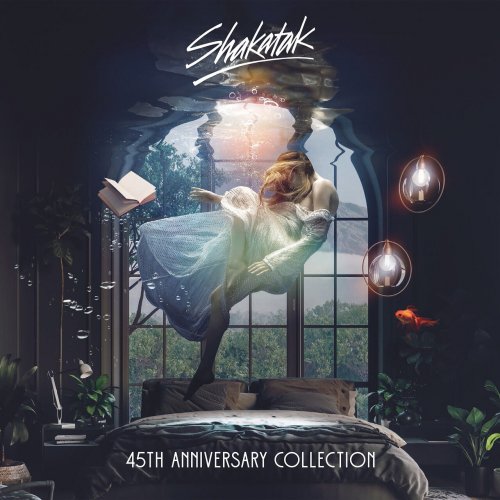Paul Motian Trio 2000 + Two - Live at The Village Vanguard, Vol. III (2010)
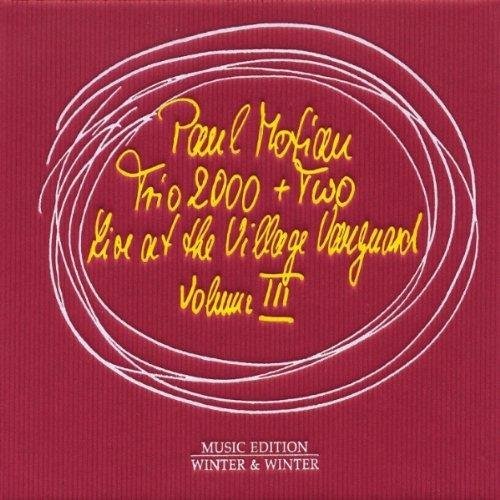
Artist: Paul Motian Trio 2000 + Two
Title: Live at The Village Vanguard, Vol. III
Year Of Release: 2010
Label: Winter & Winter
Genre: Jazz, Post-Bop, Modern Creative
Quality: FLAC (tracks+.cue, log, Artwork)
Total Time: 58:41
Total Size: 361 MB
WebSite: Album Preview
Tracklist:Title: Live at The Village Vanguard, Vol. III
Year Of Release: 2010
Label: Winter & Winter
Genre: Jazz, Post-Bop, Modern Creative
Quality: FLAC (tracks+.cue, log, Artwork)
Total Time: 58:41
Total Size: 361 MB
WebSite: Album Preview
01. And So to Sleep Again (8:47)
02. Ten (11:10)
03. The Third Walk (9:47)
04. The Hoax (8:24)
05. Gang of 5 (11:43)
06. Standard Time (8:50)
Paul Motian performing a popular song from the early 50s as well as original compositions live at the Village Vanguard with his Trio 2000 + Two. This type of moment can only be experienced in New York City. This is one of the reasons why Winter & Winter set up in the former kitchen of this club a little recording studio to capture the music in this special environment. Winter & Winter had already released volumes I and II, two highly recommended albums which were recorded in the second week of December 2006. For this release (Volume III) Paul Motian put together his Trio 2000 with Chris Potter on sax and bassist Larry Grenadier plus Masabumi Kikuchi on piano and the viola player Mat Maneri. Masabumi Kikuchi and Paul Motian share a long friendship and rich artistic relationship with each other. The »First Meeting« of the trio Tethered Moon with Masabumi Kikuchi on piano, Gary Peacock on bass and drummer Paul Motian was recorded in 1990. Stereoplay (Germany) selected this album as one of the best releases of the year. Chris Potter and Paul Motian also go way back. In summer 1997 Winter & Winter recorded the premiere of Paul Motian's group Trio 2000 featuring Chris Potter. Jazzman (France) honored this record with its "Choc of the Year".
Paul Motian's performances at the Village Vanguard are a wonderful one-of-a-kind listening experience. "Everything comes from the sound. It's in the sound. It's in the sound of my drums", says Motian, "I'm getting my ideas from the other people I'm playing with". Motian's Trio 2000 has been his favored medium for advanced expression for way over ten years. Masabumi Kikuchi, member of the first edition of Trio 2000 opens this album with the pop song "And So To Sleep Again". His solo is a beautifully free-flowing prelude followed by Motian, Potter, Maneri and Grenadier presenting the famous theme which was a million-selling single by Patti Page who was the first successful female artist in the music world. Motian's own compositions have taken probably the greatest step in the direction of artistic freedom. "Ten", "The Third Walk", "The Hoax", "Gang of 5" and "Standard Time" opened for these world class jazz players the possibility to interact in a brilliant way. Potter and Maneri are not in competition, but they rather complement each other. Motian, Kikuchi and Grenadier have a blind understanding for each other and build an artistic unit. Years ago the US magazine Modern Drummer called Motian the Picasso of jazz drummers. Motian's music is open minded, abstract, sensible, warm and at the same time strong and challenging. The musicians of Trio 2000 + Two are great individuals, who in the personal union of creator and interpreter have redefined the aura of jazz and freedom. There is almost no other musical genre around which can grant such wonderful free and open momentums. The spirit of this music belongs to the legendary Village Vanguard, a place where the avant-garde has been at home since Motian started playing drums. Motian is one of the most influential jazz drummers and band leaders; he will celebrate his 80th birthday in 2011.
Drummerworld about Paul Motian: "Although he studied drums in the Navy School of Music in Washington, there has never been anything militaristic about Paul Motian's prolific work as a jazz drummer. In the mid-1950s, he played with a host of jazz stars including Stan Getz, George Russell and Thelonious Monk, but his major association was with pianist Bill Evans, both in Evans's trio and as a member of other groups, such as the quartet led by clarinettist Tony Scott.
With Bill Evans, he developed a way of playing that mirrored the pianist's phrasing and approach, often abandoning aspects of the drummer's traditional time-keeping role. He went on to prove that he is one of the finest trio drummers in jazz history, working with the free-jazz influenced group of Paul Bley and the more wide-ranging Keith Jarrett Trio. During the decade he played with Jarrett (1967-76), Motian developed a particular rapport with bassist Charlie Haden, in whose own groups he toured and recorded from time to time, from the 1960s to the 1990s.
From the late 1970s, Motian has mainly fronted his own groups, ranging from the excitement of his Electric Bebop Band (which pitted two guitarists against a saxophone player, backed by bass and drums) to more conventional jazz trios and quartets. His long-standing trio with saxophonist Joe Lovano and guitarist Bill Frisell is particularly noteworthy."
Over 20 Paul Motian albums are available on Winter & Winter including »Paul Motian On Broadway«, volumes 1 through 5.
Paul Motian's performances at the Village Vanguard are a wonderful one-of-a-kind listening experience. "Everything comes from the sound. It's in the sound. It's in the sound of my drums", says Motian, "I'm getting my ideas from the other people I'm playing with". Motian's Trio 2000 has been his favored medium for advanced expression for way over ten years. Masabumi Kikuchi, member of the first edition of Trio 2000 opens this album with the pop song "And So To Sleep Again". His solo is a beautifully free-flowing prelude followed by Motian, Potter, Maneri and Grenadier presenting the famous theme which was a million-selling single by Patti Page who was the first successful female artist in the music world. Motian's own compositions have taken probably the greatest step in the direction of artistic freedom. "Ten", "The Third Walk", "The Hoax", "Gang of 5" and "Standard Time" opened for these world class jazz players the possibility to interact in a brilliant way. Potter and Maneri are not in competition, but they rather complement each other. Motian, Kikuchi and Grenadier have a blind understanding for each other and build an artistic unit. Years ago the US magazine Modern Drummer called Motian the Picasso of jazz drummers. Motian's music is open minded, abstract, sensible, warm and at the same time strong and challenging. The musicians of Trio 2000 + Two are great individuals, who in the personal union of creator and interpreter have redefined the aura of jazz and freedom. There is almost no other musical genre around which can grant such wonderful free and open momentums. The spirit of this music belongs to the legendary Village Vanguard, a place where the avant-garde has been at home since Motian started playing drums. Motian is one of the most influential jazz drummers and band leaders; he will celebrate his 80th birthday in 2011.
Drummerworld about Paul Motian: "Although he studied drums in the Navy School of Music in Washington, there has never been anything militaristic about Paul Motian's prolific work as a jazz drummer. In the mid-1950s, he played with a host of jazz stars including Stan Getz, George Russell and Thelonious Monk, but his major association was with pianist Bill Evans, both in Evans's trio and as a member of other groups, such as the quartet led by clarinettist Tony Scott.
With Bill Evans, he developed a way of playing that mirrored the pianist's phrasing and approach, often abandoning aspects of the drummer's traditional time-keeping role. He went on to prove that he is one of the finest trio drummers in jazz history, working with the free-jazz influenced group of Paul Bley and the more wide-ranging Keith Jarrett Trio. During the decade he played with Jarrett (1967-76), Motian developed a particular rapport with bassist Charlie Haden, in whose own groups he toured and recorded from time to time, from the 1960s to the 1990s.
From the late 1970s, Motian has mainly fronted his own groups, ranging from the excitement of his Electric Bebop Band (which pitted two guitarists against a saxophone player, backed by bass and drums) to more conventional jazz trios and quartets. His long-standing trio with saxophonist Joe Lovano and guitarist Bill Frisell is particularly noteworthy."
Over 20 Paul Motian albums are available on Winter & Winter including »Paul Motian On Broadway«, volumes 1 through 5.

![Julius Hemphill - Dogon A.D. (Remastered) (1972/2026) [Hi-Res] Julius Hemphill - Dogon A.D. (Remastered) (1972/2026) [Hi-Res]](https://www.dibpic.com/uploads/posts/2026-03/1772427281_cover.png)
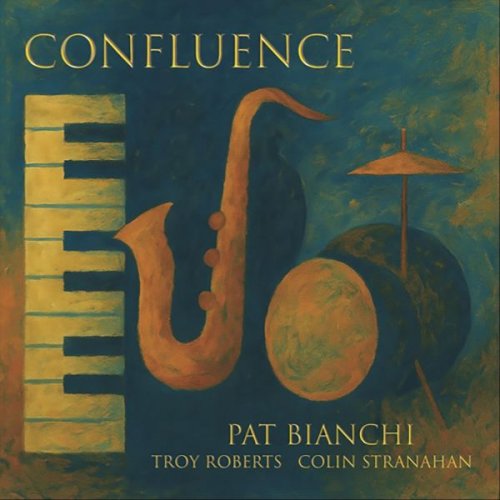
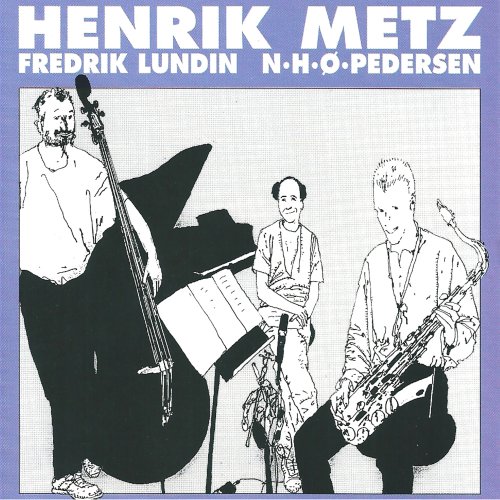
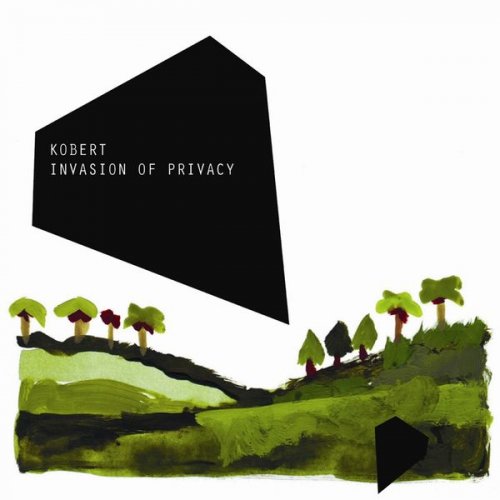
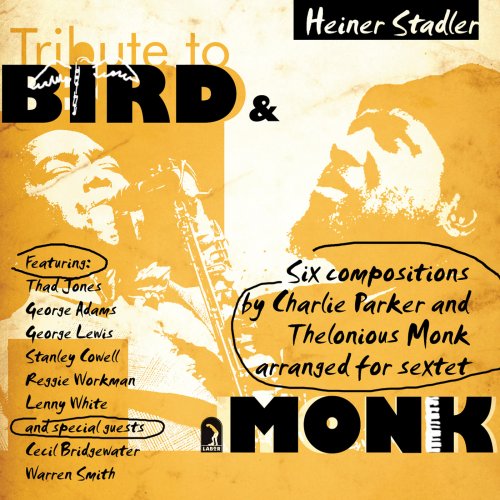
![The Boss Ensemble - Circuits Hybrides (2019) [Hi-Res] The Boss Ensemble - Circuits Hybrides (2019) [Hi-Res]](https://www.dibpic.com/uploads/posts/2019-11/1574517391_folder.jpg)
![Thomas Bergsten Trio - Chill Microtonal Free Jazz and Modern Composition To Study To (2026) [Hi-Res] Thomas Bergsten Trio - Chill Microtonal Free Jazz and Modern Composition To Study To (2026) [Hi-Res]](https://www.dibpic.com/uploads/posts/2026-03/1772434983_p1cagvb6yegof_600.jpg)
